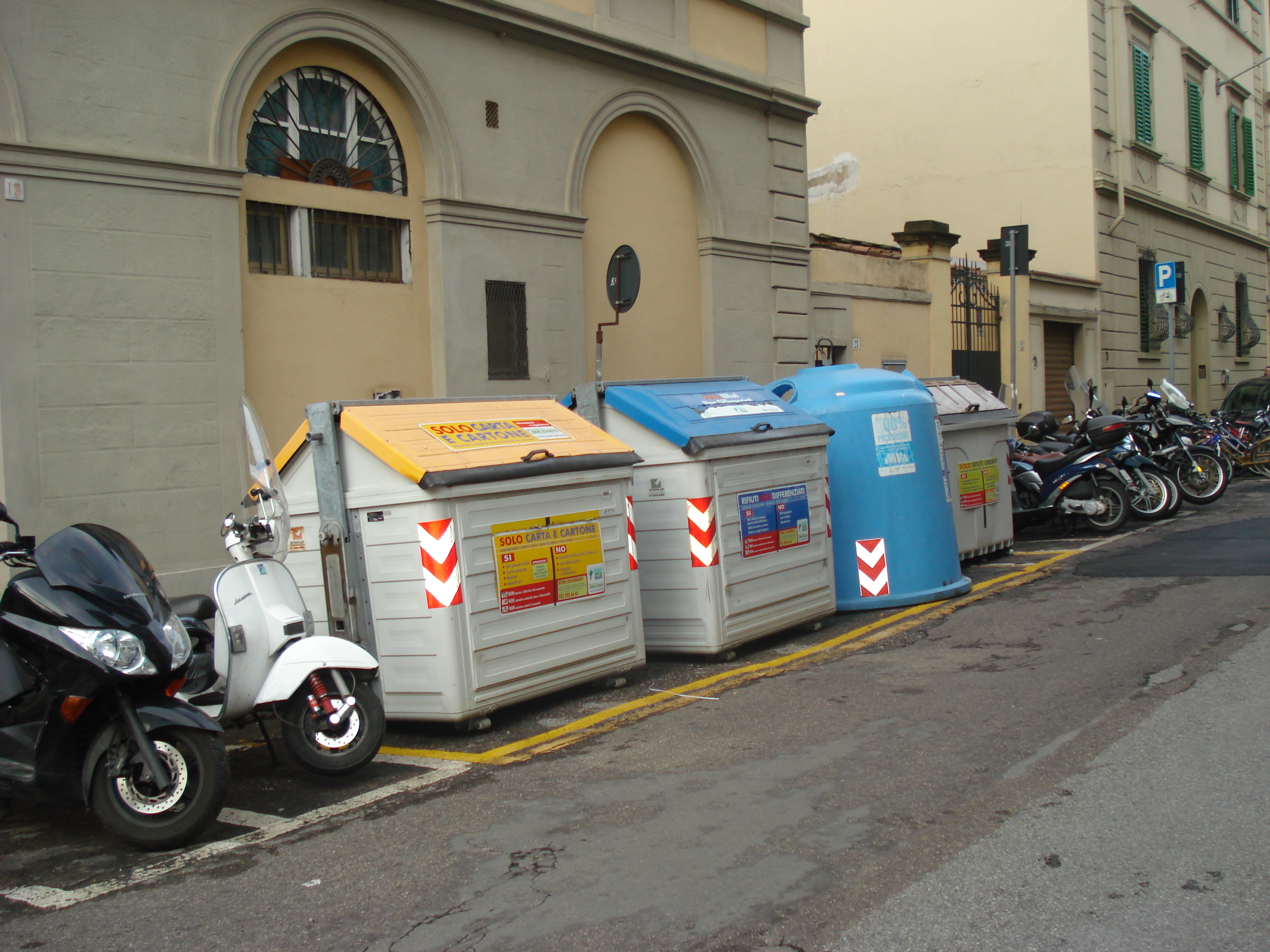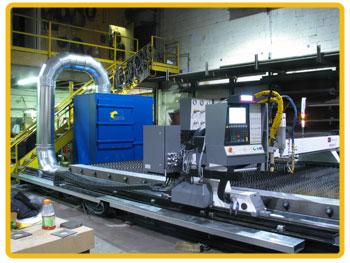By adopting efficient waste management methods and equipment for both commercial and residential purpose is the main key to retain clean environment. By making use of these methods, you can maintain responsible program for recycling items which can be introduced in the market.
Some companies offer waste management services to assist residential and commercial clients to deal with the problem of disposal or removal of wastage. For instance – label matrix removal system is designed to remove waste label matrix from printed rolls of pre die-cut labels.
Waste management practices may differ a lot depending on the place and country, where you live. There are various types of waste management which includes disposal of radioactive, solid, liquid and gaseous substances. Each of them require different method of disposal which is usually handled in a better and efficient way by waste management professionals.
Waste Management Tips
There are numerous ways in which you can properly carry out waste disposal. Further, if you wish, you can also take professional help of waste management services offering company for waste disposal purpose.
There are number of companies that offer solutions for segregating and recycling different types of waste and garbage. Segregation of garbage, recycling and reuse of waste materials are considered as effective methods in reducing and effectively addressing to waste management issues.
It is advisable to always separate biodegradable products from non-biodegradable ones. Also, you should pick out materials like paper, plastic, rubber and other such items. Look out for materials that can be included for composting.
There are certain waste management practices that are considered top solutions as they have been tried and tested.
-
Recycling – Recycling method is not cheap and certain types of materials attimes require more resources in this process. After identifying the materials which need to be recycled, efforts should be made to follow through the process. Some benefits that follow the recycling process are revenue generation by selling material, extending the life span of product and saving landfill space.
-
Composting – It can be defined as the controlled decomposition of organic matter that is usually practiced on large or small scale. This process produces nutrient-rich fertilizers that can be resold and can be used to reap good benefits out of it. If composting is carried out in a right way, then it can reduce the spread of pathogens to a large extent and also saves landfill space.
-
Incineration – Hazardous wastewhich can be neither composted nor recycled are generally fed into incinerators that burn this waste at very high temperature. The best thing about this type of waste management practice is destruction of pathogens, reduction of waste toxicity and waste volume reduction. However, few drawbacks of this method include residue formation and production of unwanted by-products.
Thus, it can be said that it is very important to create awareness about waste management in people as it will help them to take certain actions against it. If people are aware of this issue and advantages of good waste practice, then it would be much easy to adapt the desired behavior for waste disposal and management.
Author Bio
Daniel Clark, is a sales expert who often writes on waste management techniques and methods. He has written several blogs and articles on label matrix removal system and other waste management equipment that are designed to effectively manage waste and garbage, without causing any harm or side-effects to human or environment.



